It all begins with an idea.
Great ideas, work, and stories delivered memorably are acts of generosity that can have immense impact on our communities, cities, and the world.
Filter by Tags
- Chicago 40
- Minneapolis 16
- Science 16
- Innovation 15
- Technology 13
- Community 12
- Equality 12
- Health 12
- Life 11
- Relationships 11
- Design 10
- Social Justice 9
- Youth 9
- Climate Change 8
- Mental Health 8
- Community Organizing 7
- Global Issues 7
- Psychology 7
- Sustainability 7
- The Arts 7
- Energy 6
- Personal Growth 6
- Urban Design 6
- Work 6
- Biotech 5
- Healing 5
- Transformation Stories 5
- Women 5
- AI 4
- Architecture 4
- Cities 4
- Communication 4
- Social Impact 4
- Violence Intervention 4
- WTTW 4
- Activism 3
- Brain 3
- Computing 3
- Humor 3
- Nanotechnology 3
- Quantum Physics 3
- Travel 3
- Accessibility 2
- Civic Design 2
- Climate Action 2
- Education 2
- Family 2
- Food 2
- Government 2
- Joy 2

When We Become Invisible
Ernest Cato shows how partnership-based policing can transform high-crime areas in America’s cities.

Who's ready to engineer a world that works for all?
What would the world be like if the disability community designed it?" With this provocative question, Vanessa Harris opens a groundbreaking exploration of universal access.

The life changing power of designing with dirt
From immigrant parents to successful urban spaces, Ernie Wong weaves a story of struggling to gain his father's acceptance to creating an equitable world through landscape architecture. In doing so, he unveils a powerful truth about what it means to design urban spaces for our future generations, and how it transforms our lives. With reference to current climate and societal challenges, Ernie describes the innovative projects that capture the flavors of changing neighborhoods in Chicago and their futures.

How you react in 3 minutes can change your life
Three minutes can change your life. When young people are faced with a challenge, one wrong decision can affect their future. Youth Advocate Programs (YAP), Inc. and Brightpoint started Choose to Change™, a program providing Chicago youth with a neighborhood-based Advocate and trauma informed cognitive behavioral therapy, and it is producing positive results.

Honoring Indigenous Cultures and Histories
What happens to human beings when their culture and history are systematically erased? In this powerful account, psychology PhD candidate Jill Fish tells her story growing up as a Tuscarora woman in a world that fails to accurately acknowledge indigenous peoples’ cultures and histories. Integrating psychological theory and research with her personal and collective stories as a Tuscarora woman, Fish demonstrates the critical need to pay attention to the role culture and history plays in the present day lives of indigenous peoples through her model of human development – forcing individuals to see the legacy of settler colonialism and challenging them to do something about it.

Places and Spaces and the Behavior They Create
Can architecture bring people together and create community? Can it truly help people reach their full potential? Damaris Hollingsworth champions approachable and memorable spaces that are culturally relevant, accessible to all and committed to maximize human well being.

The Geography of Inequality
American cities were not always racially segregated. Minneapolis is no exception. But in the early 20th century, something called the ‘racial covenant’ began remaking the geography of cities across the country. These covenants were legal clauses that prevented people of color from owning or occupying property. And while covenants have been illegal for over a half-century, their legacy lives on. Today, Minneapolis has some of the worst racial disparities in the United States. In this talk, Kevin Ehrman-Solberg shows how these contemporary disparities are rooted in the spatial practices of the past.

Why I Wear Purple
Active in the local, national and international arts scene, Andrea will pose the question: How do we center on our most marginalized people to see a new, more sympathetic society?

The Human Need for Belonging
Child welfare veteran Amelia Franck Meyer describes the human need to belong and to be claimed. When we are disconnected from our tribe, and we feel as though we must make it on our own, it can have devastating life-long impacts. Listen to Amelia share the profound power of human connection.








